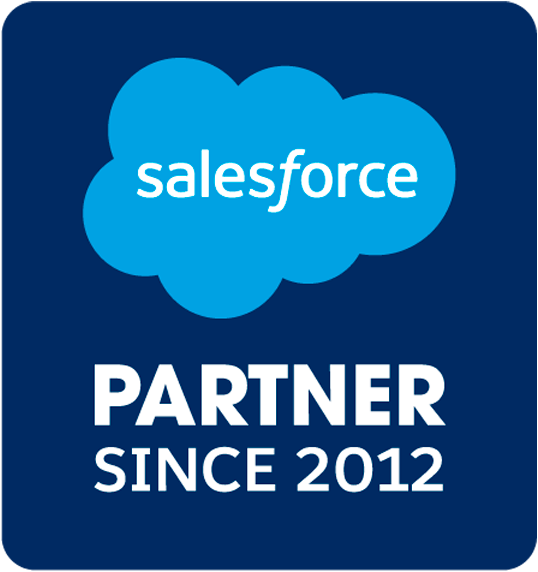If you’ve ever worked at a startup, you know things can get a little, um,
hectic. Because your team is small, you must be able to perform a number of roles. Because your product or service is new and unproven, you must be able to adjust on the fly. And because your company is changing so rapidly, you must be wary of strict processes that could hinder innovation and growth.
For these reasons, you might assume a CRM like Salesforce is the last thing a startup needs. It’s a
process-dependent platform, right? A way for companies to
boost efficiency once they can finally stop scrambling and start to stabilize.
Well, that’s partially true. For many organizations, Salesforce does indeed function as the technological backbone of their key business processes. But that’s not the only thing it’s good for. Used properly, it’s also an incredibly powerful data platform — and data is exactly what a fledgling startup needs.
{{cta('438d8bf7-6ad0-4584-a249-7f35c795045e')}}
How Salesforce Enables the “Fundamental Feedback Loop”
In an article for the
Harvard Business Review, Eric Ries describes “
the fundamental feedback loop that powers all startups.” When an idea becomes a product, Ries argues, that’s the “build stage.” Once customers use that product, you collect valuable data — that’s the “measure stage.” Finally, you use that data to adjust your plans and generate new ideas during the “learn stage.”
A simple and sensible construct, but a little vague until you put it into play. What kinds of things should you be measuring, for instance? Well, I’d recommend you capture data that will help determine whether your company is vulnerable to some of
the top reasons startups fail: Is there a market need for your product? Do you have the right team? Are you getting outcompeted? What about pricing — are you certain your current model works?
With
reports and
dashboards in Salesforce, you can quickly access and analyze the kinds of information that will help you answer these questions. For example, you might run a series of reports pertaining to closed opportunities — both won and lost. Regarding closed/lost opportunities, what are the top reasons? Are customers uninterested in your product? Is the pricing too high, or are you losing out to other companies? And what about sorting by sales reps? Is anybody underperforming? Might they need some extra training?
In my mind, the “measure stage” is probably the most important part of Ries’ feedback loop. Without the right data, you can’t know where you’re succeeding and where you’re falling behind. And if you don’t know what you’re doing right, how can you plan for the future of your startup?
Why Salesforce is Easy to Scale
Of course, Salesforce’s data tools aren’t the only reason startups should think about the platform sooner rather than later. The fact that it’s easy to scale those tools — thanks to a tiered series of editions — should also be a consideration.
Salesforce Essentials, for instance, is an out-of-the-box solution that allows you to get started without the help of an implementation partner. Its capabilities are certainly limited, but it’s still a great way to start collecting and analyzing data.
And once you start using all that data to make strategically sound decisions and grow your business, you can make the jump to new editions with greater functionality:
Professional Edition,
Enterprise Edition and
Unlimited Edition.
As we’ve
written before, “Salesforce offers
unparalleled customizability… so that it can handle any challenge thrown at it. This trend holds true at a performance level as well —
Salesforce’s architecture is capable of accommodating millions of users. From application speed to data storage, you can feel confident that Salesforce will keep up with your users, no matter how many you have.”
There are also some concrete steps a startup (or small business) can take to make sure they’re implementing a scalable solution, as outlined in
this post.
If you’ve got questions about other ways your startup might consider using Salesforce,
send us a quick note. We love helping new businesses.



